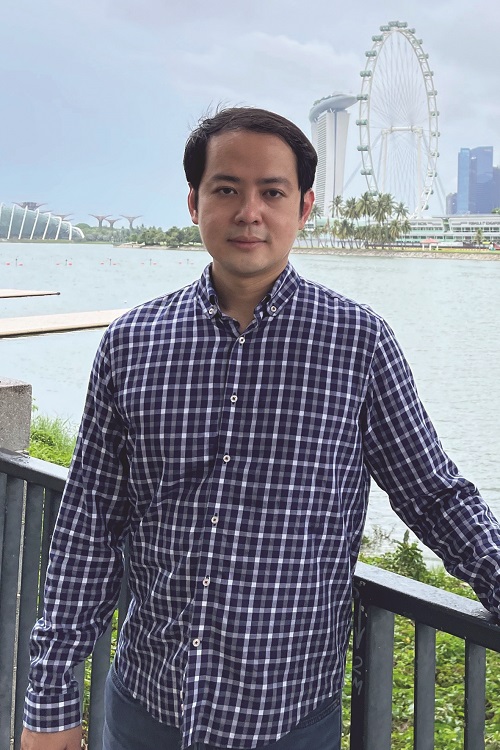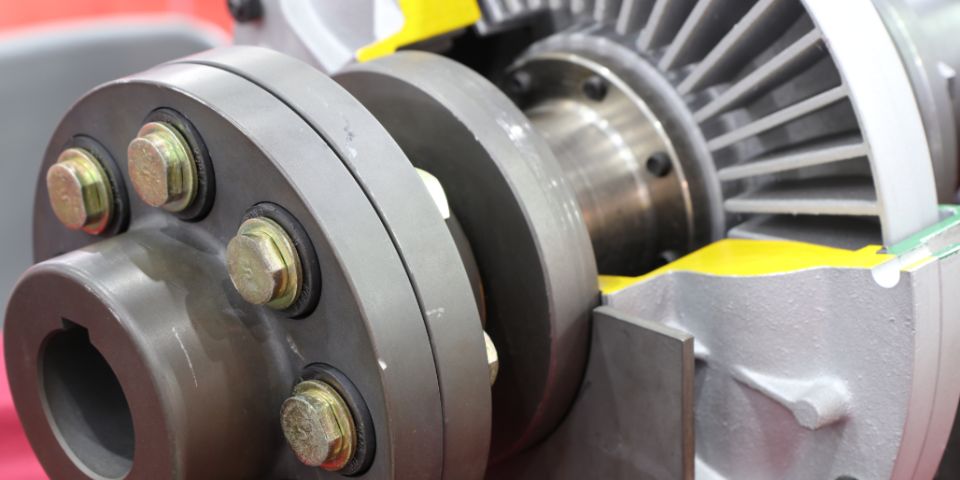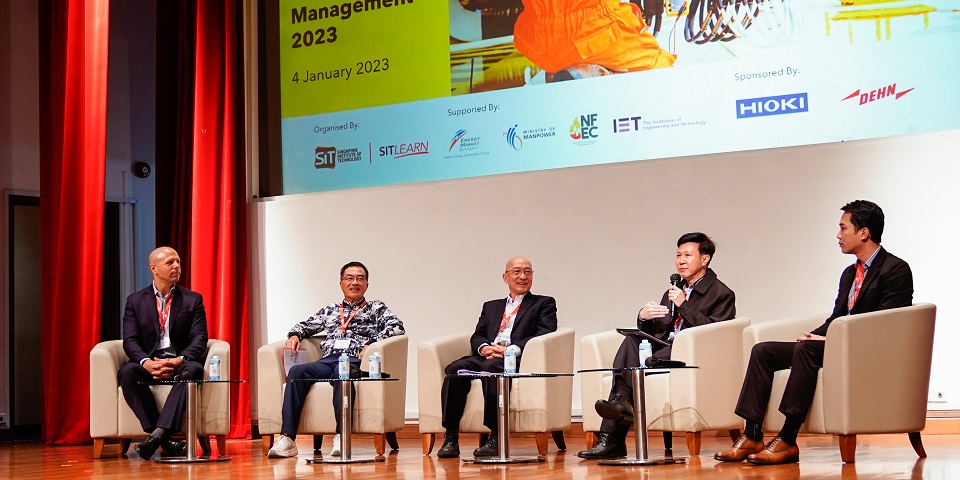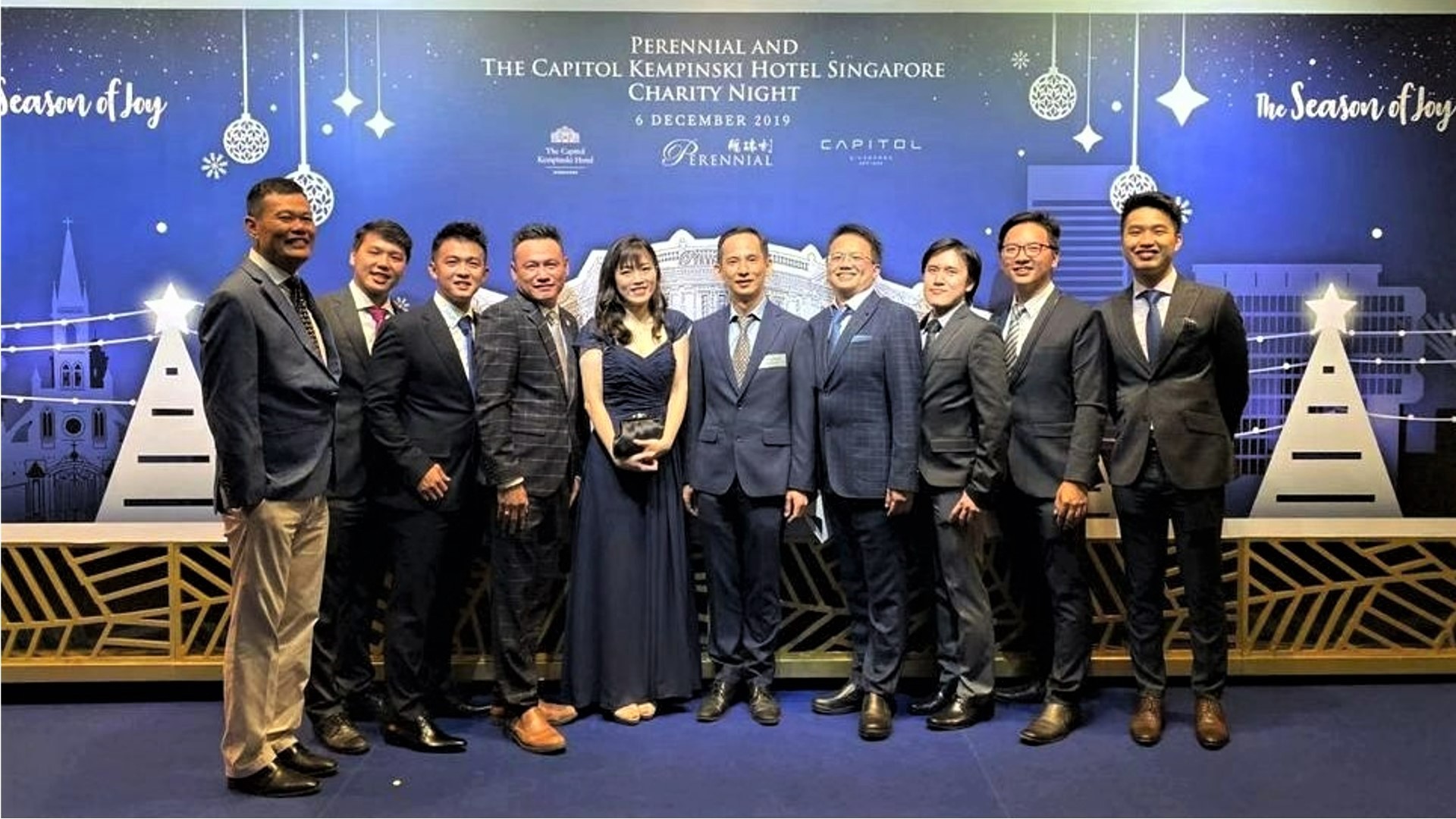Learning for Life Series - Poh Chye Wei
As an electrical consultant running his own start-up, Poh Chye Wei has to stay at the forefront of the industry’s changing landscape. Inspired by his father, an engineer in the power sector, find out how attending continuing education courses from SITLEARN continues to give Chye Wei a leg up in contributing to his industry.
Electrical Engineering, Power and Clean Energy

Hi Chye Wei, what were your reasons for attending the engineering courses at SITLEARN five years after your graduation?
Right after completing my undergraduate degree in 2015, many of my course mates and I were exploring master’s degrees that were available to us at that time. For those of us who had already decided on pursuing a career in ‘power engineering’, we thought that complementing our degree with a MSc certificate would certainly help in attaining the status as a ‘Chartered Engineer’ in future. At that time, SIT was not offering any such course, so I obtained my MSc at Nanyang Technological University (NTU) instead.
Recently I found out that SIT had introduced a ‘modular’ engineering course that could stack up to a Postgraduate Certificate. When I learnt how practical the courses were to my field of work, I signed up for it as soon as possible!
Why did the path of Power Engineering resonate with you?
My main inspiration was my father, who is also an engineer in the power sector. This guided path seemed more practical.
Have you always been interested in engineering? What is it about this subject that fascinates you?
Maybe it is because how congenial Mathematics is to me. It is fascinating how seemingly intangible numbers, theories and concepts can coalesce together and build this world of ours.
Which mathematical concept do you find most interesting?
“Method of symmetrical components” It was created specifically to solve electrical system three-phase asymmetrical fault analysis. It is interesting to note that many mathematical formulas did not just come about spontaneously, but were created to solve specific engineering problems over the decades.
The SIT courses were over a period of a few months and were held at night. How did you adjust to working and studying at the same time?
It is tough to be working and attending night classes at the same time. Time management is key and sometimes we just have to make a choice between what we feel is most important to us (e.g. spending time for revision instead of going to the movies). Of course work-life balance is crucial as well. In retrospect, I am grateful that the local education scene is providing such quality courses, giving working adults and people from all walks of life an opportunity to upskill themselves.
Did the course meet your expectations and did it benefit you in your line of work?
In the field of engineering, when applying concepts to practical work, it is mandatory to adhere to the guidelines or code of the international engineering standards, the most significant of which is the IET/IEEE standards. The SIT Postgraduate Certificate modules adhere to such international standards, and in addition also caters to the Singapore local code of practice. This knowledge allows the individual to perform better at work and solve problems better as well. Given Singapore’s competitive job market and globalisation of jobs, it is advisable to constantly upgrade our skillsets. This can also open up other opportunities that we may never have thought of.
You realised very early on that Power Engineering was the path you wanted to pursue. For those who just can’t seem to figure out what their field of interest is, what is your advice?
It may take graduates some years before they can decide on their field of expertise. My advice is not to rush into it and to really reflect on what you like most. Attending professional development courses might give more insight into the topic and might pique a student’s interest in the field. But fundamentally it would be up to the individual to find his interest in life. Ponder over what are the things that truly bring fulfillment and satisfaction to your life.
Why do you say is it important to consistently pursue skill upgrading in our current times?
Globalisation and diminishing resources make for tough competition worldwide. It is also necessary to achieve a sense of self-fulfillment and personal enhancement. Whatever your motivations are, I believe the courses that SIT are offering are quality ones that will meet your learning needs.
Having already completed two courses, are there any other SIT courses you are considering taking up?
I would most likely take up the other power engineering modular courses as well. The content and lecture notes from the courses I attended were very helpful and not only gave me a greater understanding of the subject, but pointed me in the right direction to research and delve deeper into the subject.
What are some contributions you hope to make in this field?
I’m grateful to be given the opportunity to hone skills beyond my degree, to give me a possible edge over others be it through job applications or investment ideas.
What are your thoughts on skills upgrading?
Science and engineering advanced due to the research and innovation of millions of scientists and engineers across the world. Many times it takes decades of trial and error before any significant breakthroughs or discoveries are made. It is easy to see the end result and difficult to endure the long tedious journey. For myself, I want to be able to contribute to the electrical sector to provide reliable power to the Singapore community.
Was it company assigned or did you sign up for it voluntarily?
Voluntarily.
What were your first thoughts/impressions when you heard SIT was giving each student/alumni $2,000 worth of learning credits?
I thought it was great!




